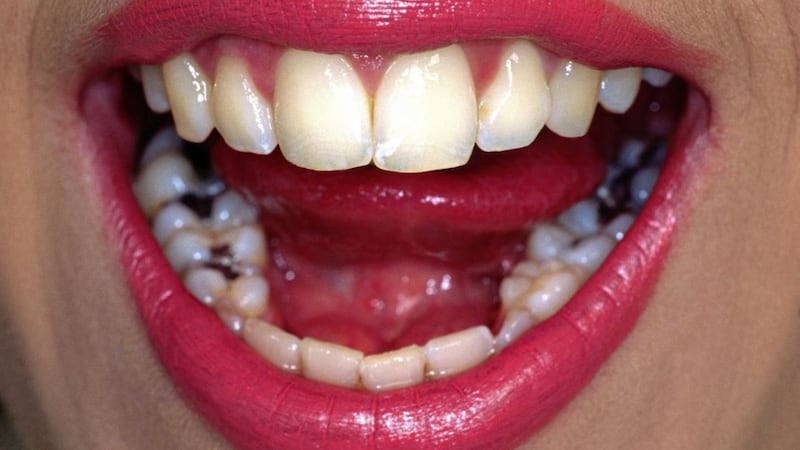NEW legislation aims to phase out dental amalgam silver fillings by 2030 as part of plans to reduce mercury pollution. This is part of the Minamata Convention on Mercury which is a global treaty to protect human health and the environment from the effects of mercury.
The European Parliament agreed on March 14 to the final version of its Regulation on Mercury. The Regulation is the EU's instrument to ratify the Minamata Treaty of 2013 which the UK signed up to.
The Minamata Treaty advocates a phase-down of the use of dental amalgam, in line with the domestic circumstances of each country and in tandem with recommendations for prevention programmes and increased research into alternative materials. However, this regulation is not an all-out ban of amalgam usage.
Most people will recognise dental amalgam as the silver-coloured fillings in teeth. Dental amalgam is a mixture of mercury, silver, copper, tin and zinc. Around 50 per cent of the mixture is mercury, which is added to bind the metals together into a workable material to fill tooth cavities.
It has been used for more than 150 years as a dental filling material due to it being easy to use and durable. Despite these facts, there have been increasing awareness and recognition of the implications caused by mercury release into the environment.
The Regulation means that from July 1 2018, amalgam should not be used in children under 15 and in pregnant and breastfeeding women unless deemed strictly necessary by the dentist on the grounds of the medical needs of the patient.
The issue of pregnant women and breastfeeding women is best explained by the general approach that all dental interventions regardless of materials used should be kept to a minimum during pregnancy; its not a reflection on any specific safety concerns about amalgam.
The EU Commission considers amalgam fillings to be harmless to patients. But critics have raised doubts, pointing especially to health risks in the processing and disposal of the material and in the incineration of people's remains after they die.
Finding a suitable alternative to amalgam which is fast to place, cost effective and long lasting is the key. Tooth-coloured composite materials, gold and porcelain fillings are other options, although they tend to be more expensive, take longer and are more technically demanding for the dentist to place than silver fillings.








